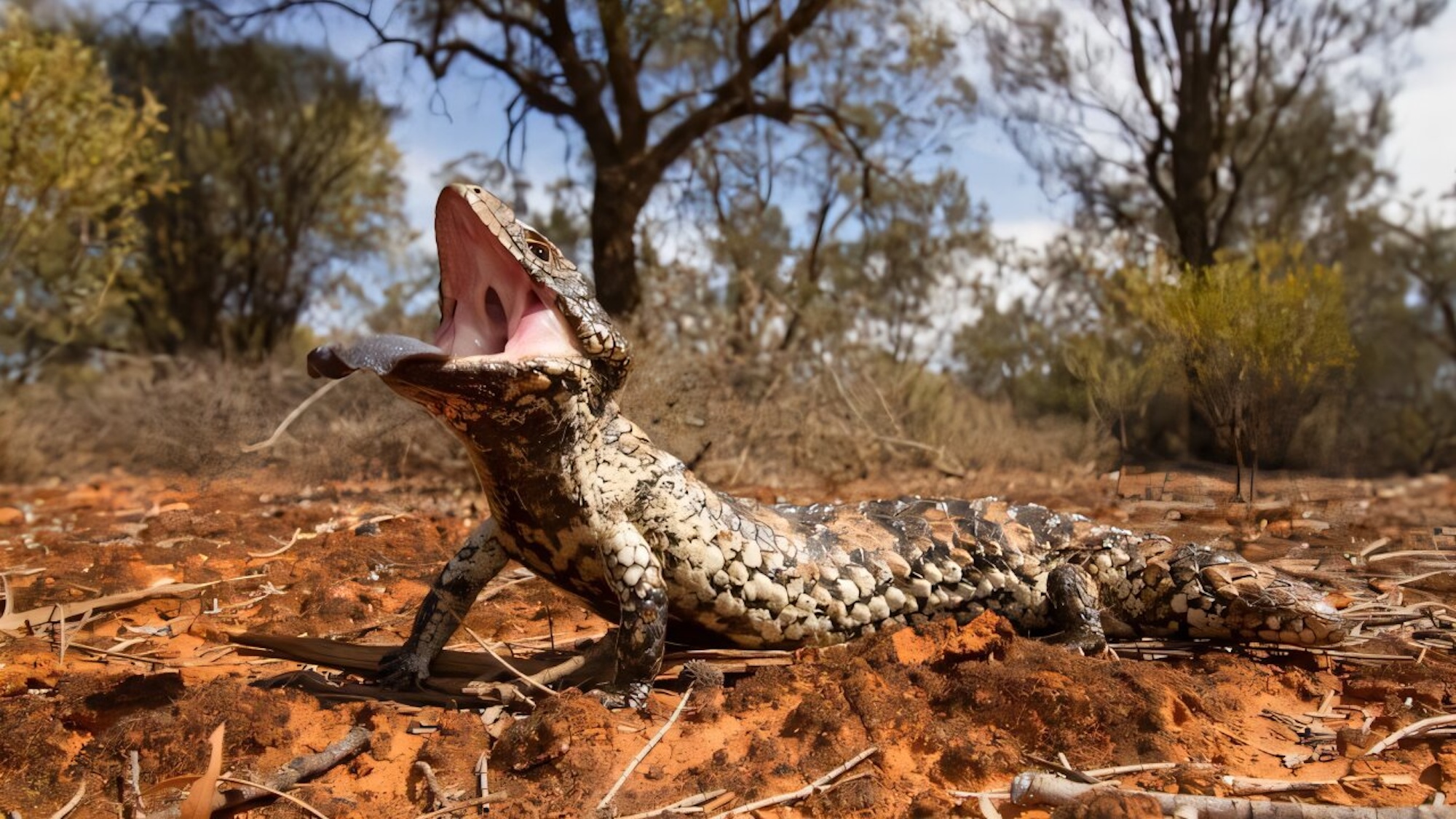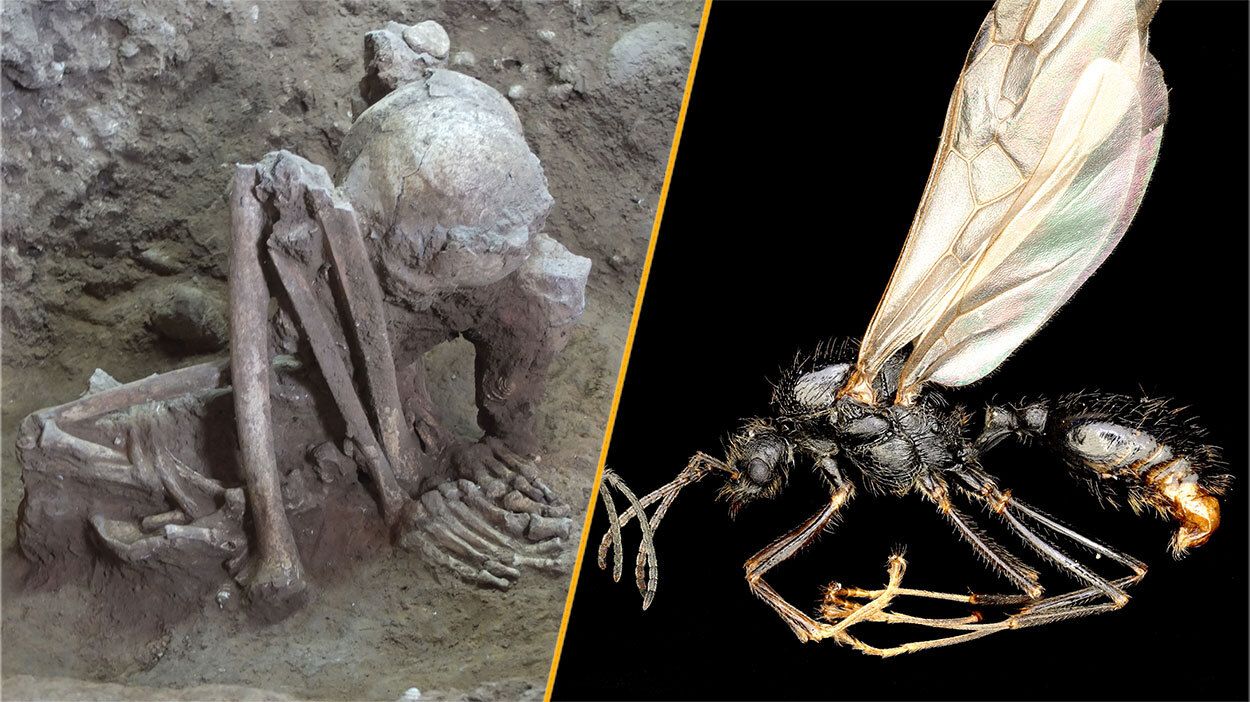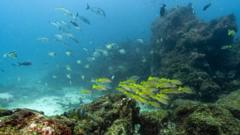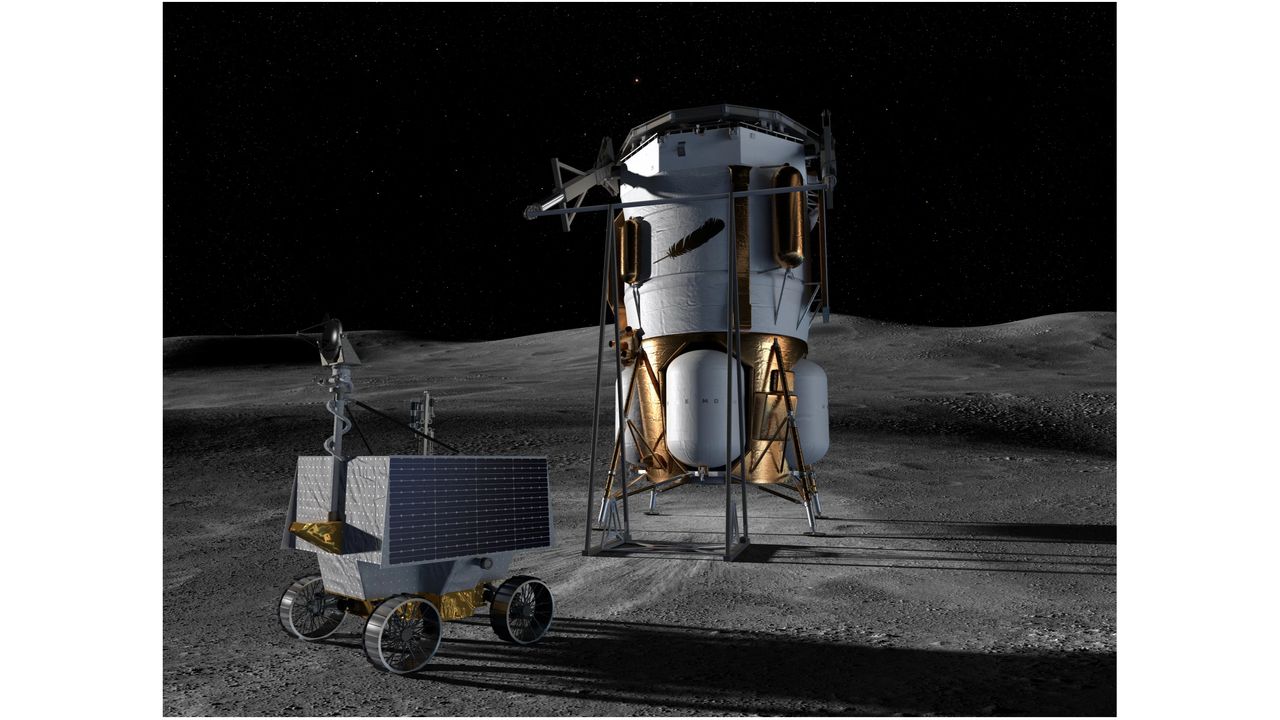Vast source of rare Earth metal niobium was dragged to the surface when a supercontinent tore apart
PositiveScience
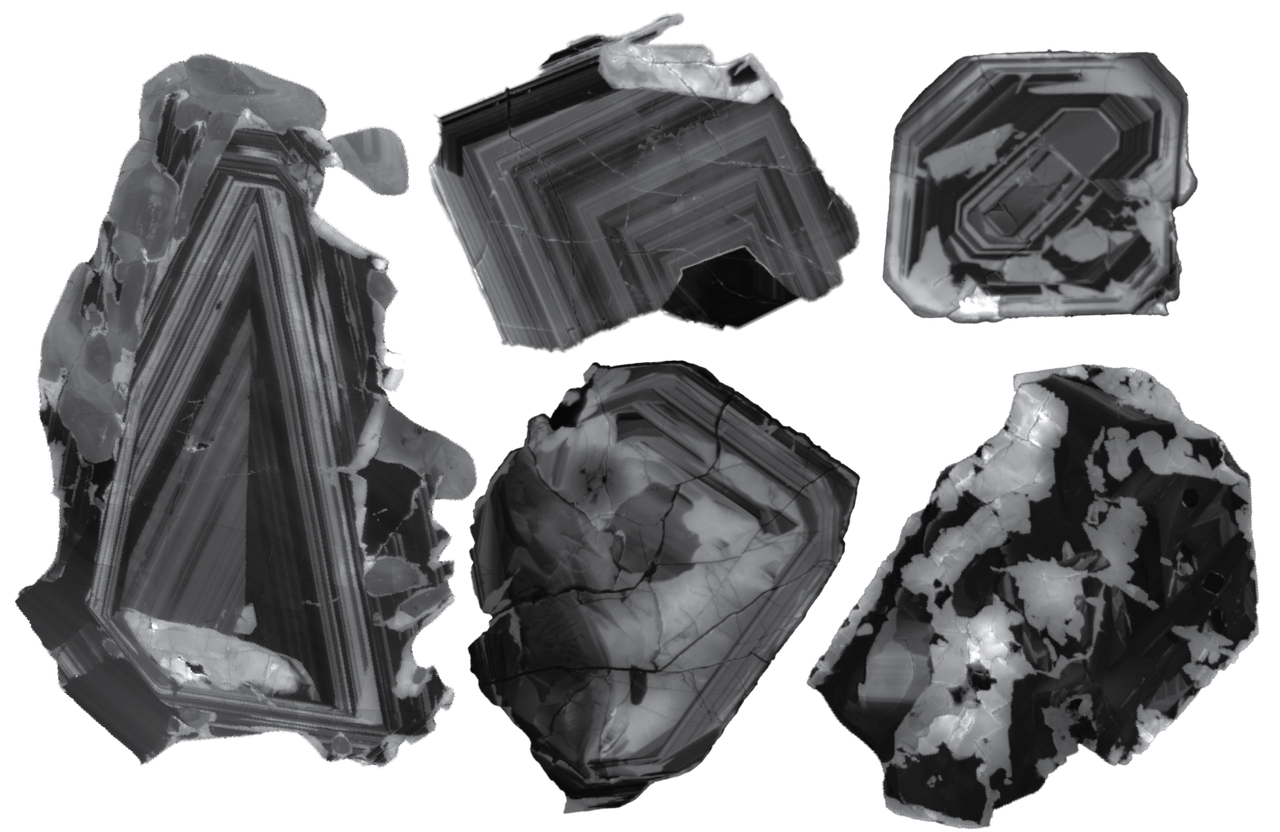
A groundbreaking discovery in central Australia has revealed what could be the largest known source of niobium, a rare Earth metal, formed 830 million years ago during the breakup of the ancient supercontinent Rodinia. This finding is significant not only for its potential economic impact, as niobium is crucial for various high-tech applications, but also for our understanding of geological processes and Earth's history. It highlights how ancient events continue to shape our planet's resources today.
— Curated by the World Pulse Now AI Editorial System

